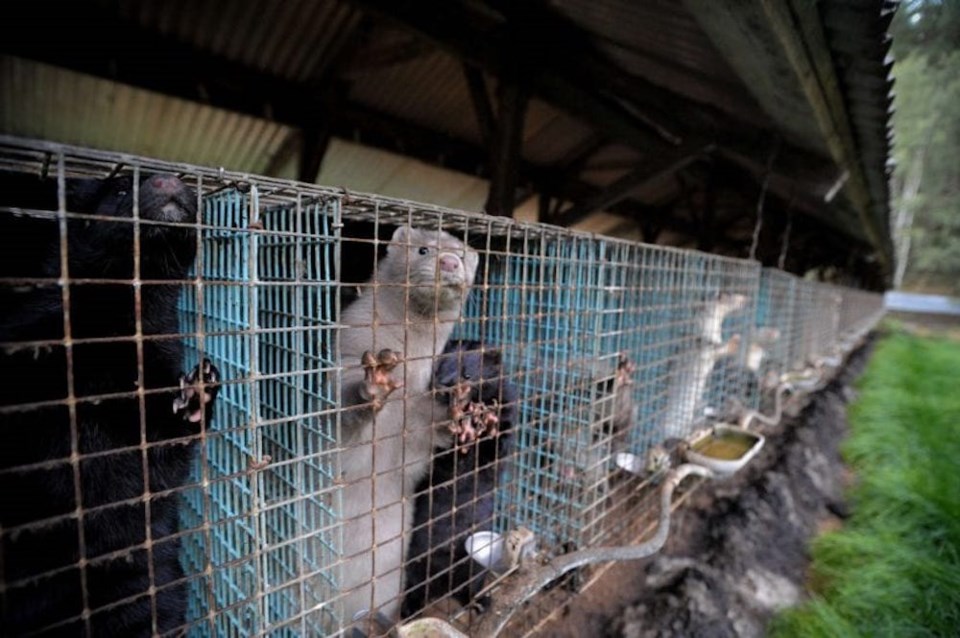ÎÚÑ»´«Ã½ Supreme Court has denied the province’s mink farmers interim relief from a ban on their industry, saying deference must be given to health authorities attempting to control the COVID-19 pandemic.
Last November, Agriculture Minister Lana Popham and provincial health officer Dr. Bonnie Henry announced a ban on mink farming with a timeline for ending the industry. The province's plan includes a permanent ban on live mink on farms by April 2023. All pelts, meanwhile, must be sold by 2025.
“This decision follows the recommendations of public health officials and infectious disease experts about managing the threat of the virus for workers at the farms and the broader public," Popham said at the time.
Justice Carol Ross noted the farmers assert provincial actions would “extinguish an entire agricultural industry.”
With the breeding season now upon the farmers, they brought an application to the court March 4 to have an interim stay on the ban until their case can be heard in full.
Ross heard there are 10,825 farmed mink in the province. They breed in March with an estimated 46,500 kits to be born this year. The farmers said not breeding this year would result in no breeding stock for 2023.
Ross noted the Animal Health Act provides for an order for destruction of animals if needed.
“No such order has been made in the present case,” she said.
Ross further noted the COVID virus can jump between humans, mink and other animals. She said mutations can create variants of concern to health officials trying to contain the pandemic.
While the farmers lost the argument on deference to health authorities, Ross did agree that there were serious questions to be answered in a Feb. 15 petition and that they had demonstrated the ban would cause irreparable harm to the industry.
The Canadian Mink Breeders Association (CMBA) and BC Mink Producers Association claim the ban and other measures are ultra vires — or beyond the provincial government’s jurisdiction.
Neither the CMBA nor their lawyer could be immediately reached for comment.
The petition
That suit asserts that a ban on production early in the pandemic was not within the government’s powers and should be overturned, that it would destroy the industry, cause employment losses and financial and reputation damage to the farmers.
”The province incorrectly assessed the risk associated with mink farming, failed to meaningfully consider available mitigation measures and instead chose an unreasonable solution,” said the petition to ÎÚÑ»´«Ã½ Supreme Court.
The petition said that, in December 2020 and May 2021, mink and workers at three farms tested positive for COVID-19. Hundreds of mink deaths were reported. As a result, health orders were focused on farms.
The petition said farmers worked with provincial and local authorities to look after their animals, employees and their communities. The farms employ dozens of people in the Fraser Valley. Together, they produce close to 250,000 pelts annually.
The petition asserts there was no meaningful consultation by the ÎÚÑ»´«Ã½ government before the decision to ban the industry was made.
It said no other province has taken such action.

